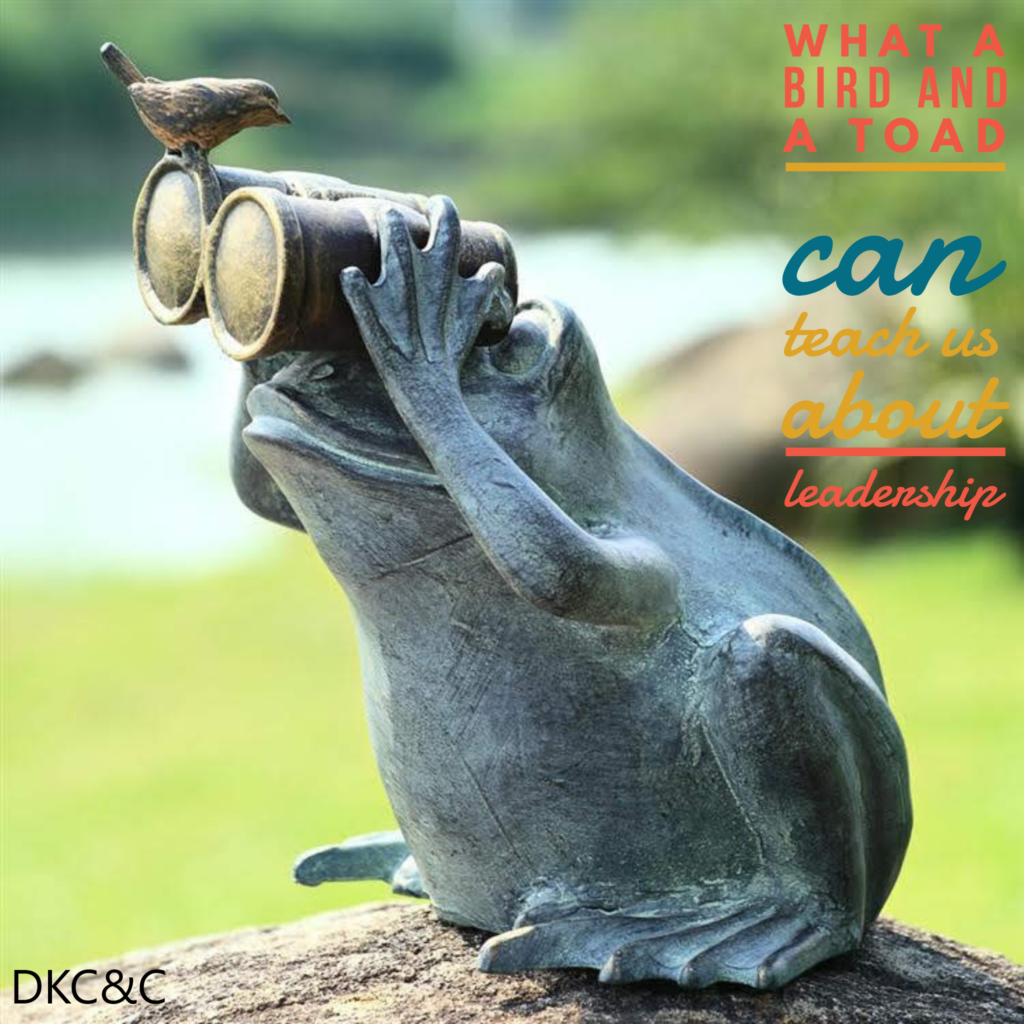
If I asked you to close your eyes and then told you “Do not think of a pink elephant” – what are you going to do? Would you think of a green monkey?? Not likely. You are going to think of a pink elephant. You probably have a pink elephant in your mind right now – and not just because there’s a picture of one above. Your brain can’t help itself.
Our brains will go after that which we are focused on. Therefore, it makes sense to direct our attention to what we DO want versus what we don’t.
Years ago, I belonged to a group and as leaders we were trying to address a situation where some of the participants had been wearing strong perfume at our meetings. I love some good perfume, but it bothered some other members with allergies.
We decided that instead of making an announcement telling people what not to do (“Don’t wear perfume/cologne”) we would say what we did want:
“We encourage members to limit the use of perfume/cologne”
It worked.
This subtle shift in thinking is can positively impact our own performance and the performance of those we manage.
If you have a big interview or presentation coming up try thinking: “I am going to do what it takes to ace this” instead of thinking “I don’t want to bomb it”.
As for your employees, consider that adults do not appreciate being told what they are not allowed to do. Think about it, do you like that? Not really, right? Instead, consider telling your employee what you DO want from them instead of what you don’t.
Influencing others in an impactful way is a key leadership characteristic. The words you choose have affect how influential you are. This may sound like semantics but it is rooted in science. Several studies show that adults perform better at work when they have some level autonomy. Tell them what NOT to do and you have just taken away that coveted autonomy. Tell them what you do want, collaborate on the “how to” and watch the magic happen!
I encourage you to click here to schedule some time with me to chat more about this or any other leadership topic on your mind these days!






